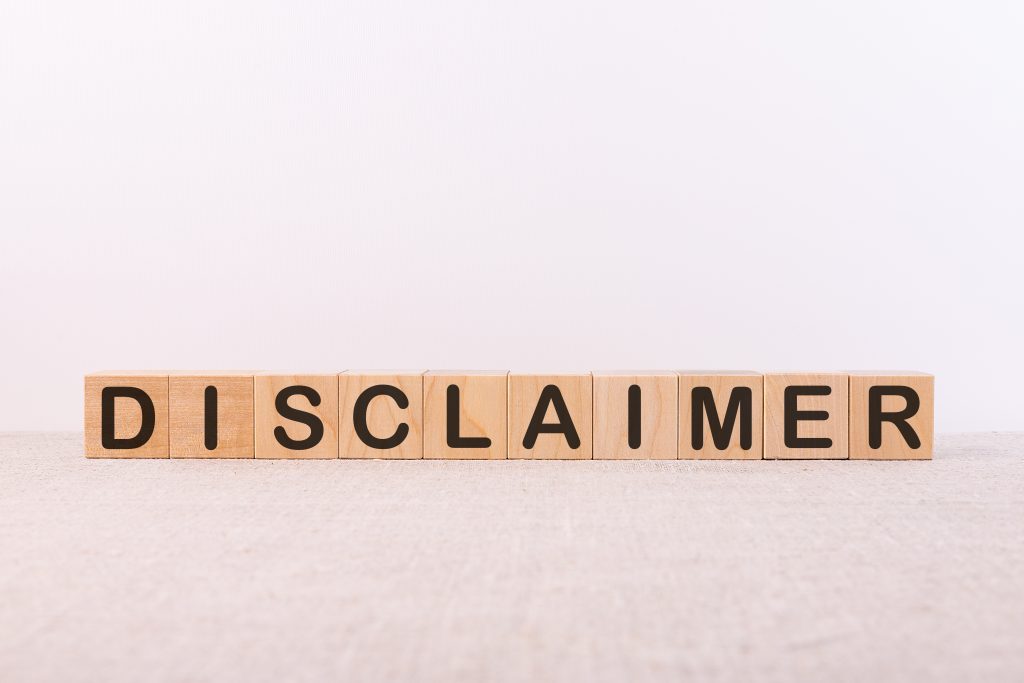
How much VAT can I reclaim when I purchase a company car?
There are a three options when buying a car:
- Purchased outright
- Hire Purchase (HP)
- Personal Contract Purchase (PCP)
Purchased outright
VAT is blocked 100% and not recoverable.
HP
A hire purchase is always treated as a purchase and as a result VAT is always blocked 100%. I.e. VAT is not recoverable.
PCP
A PCP can be treated as a lease or a purchase.
A PCP is deemed a purchase if the balloon payment at the end of the contract is set below the anticipated market value at the time.
When treated as a purchase (like a hire purchase), VAT is blocked 100%.
A PCP is deemed a lease if the balloon payment at the end of the contract is set equal to or above the anticipated market value.
When treated as a lease, the VAT is blocked 50%. I.e. VAT is recoverable at 50%.
So how do I tell the difference?
Aside from the finance lease documentation provided by the supplier, the invoice itself is a good indication.
If it is a PCP purchase then VAT is charged up front.
If it is a PCP lease then the supplier will not charge VAT up front and instead VAT is charge on the monthly repayments.
What is a balloon payment?
This is the final lump sum you are required to pay if you wish to own the car at the end of the finance agreement.
Why have HMRC set this rule?
It stops directors buying personal cars through the company and having the advantage of reclaiming the VAT.
Are there any exceptions to the rule?
Yes. If you are a taxi driver or driving instructor then VAT is 100% recoverable in all three options listed above.
For further information and guidance please contact us here at Arnold Hill for advice on 0207 306 9100 or email us at info@arnoldhill.co.uk

The information in this article is believed to be factually correct at the time of writing and publication, but is not intended to constitute advice. No liability is accepted for any loss howsoever arising as a result of the contents of this article. Specific advice should be sought before entering into, or refraining from entering into any transaction.

Written by
Rachel Lafferty
View Profile
